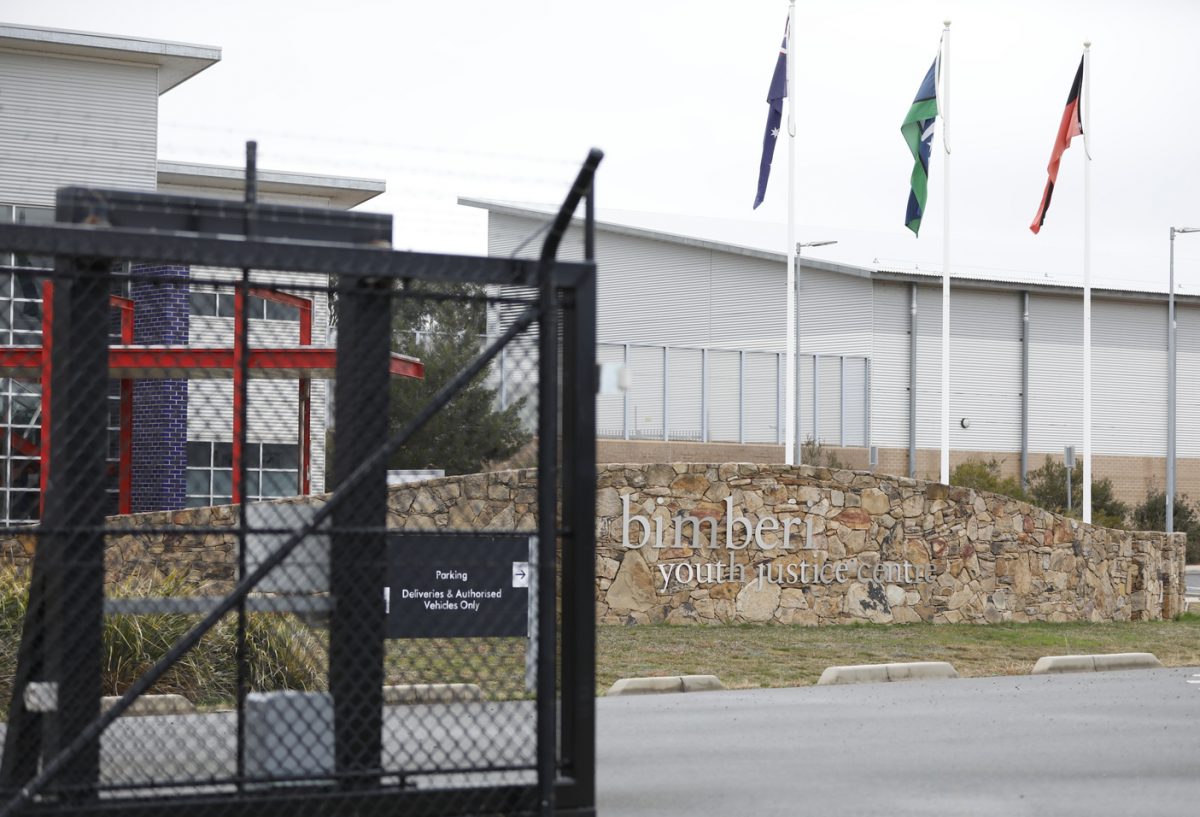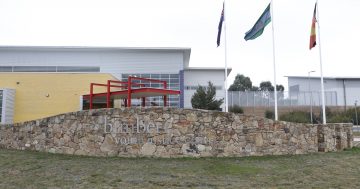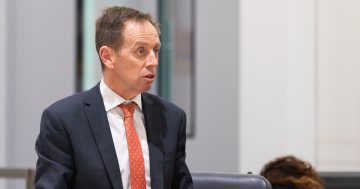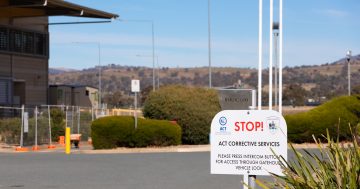
Incoming detainees to the Bimberi Youth Justice Centre will no longer automatically be put into health segregation. Photo: Region Media.
The ACT Inspector of Corrective Services has cautioned against unnecessary segregation following her visit to Bimberi Youth Justice Centre.
Inspector Rebecca Minty examined the youth detention centre earlier this year as part of the first thematic review into Bimberi, with a focus on isolation of children and young people.
According to her report, the most “significant issue” identified by the review team was COVID-19 health segregation.
“The review team was deeply concerned to observe when onsite in June 2023 that on admission to custody, children and young people were still being required to undergo an initial period of health segregation that was usually six to seven days,” her report stated.
“This was despite youth detention not being considered a ‘high-risk setting’ by the ACT Chief Health Officer since October 2022 and no other formal COVID-19 restrictions in place in the community.”
Given the initial hours and days in custody are considered a “high-risk time” for detainees in terms of their mental health, Inspector Minty was concerned this practice was still in use more than six months after formal COVID-19 restrictions were lifted across the Territory.
“Many of the children and young people coming into custody have experienced significant trauma in their lives and so it is imperative that as much is done as possible to make initial hours in custody as humane as possible,” she stated.
“Every effort must be made to limit the time a young person is locked in their cell alone, unless there is a pressing need to do so.
“By June 2023 COVID-19 did not justify six to seven days’ isolation.”
Staff were not required to undergo testing or isolation upon entry, and had no health segregation measures placed on them.
The review team alerted the relevant directorates and ministers, with Bimberi quickly changing its policies around segregation on admission by August.
The need for two PCR tests upon admission was removed. Incoming detainees were only isolated if they presented with COVID or flu-like symptoms and remained in health segregation until they were asymptomatic and returned a negative RAT.
“An important lesson to be learned from this experience is that continued focus is required on proportionality of restrictions as the threat to health posed by a virus eases,” Inspector Minty noted in her report.
In 2022-23, 136 health segregation directions were made at the centre.
Other reasons for isolation (which covers segregation, separation, solitary confinement and time out) can include protective custody, safety and security or operational reasons.
Under the Children and Young People Act 2008, segregation is not to be used as a punishment or for disciplinary purposes.
Overall, Inspector Minty made 13 recommendations in her review.
Other issues identified included: a lack of legal framework and safeguards when children and young people were accommodated by themselves on a wing; extended overnight lock-ins due to operational requirements; and concerns that centre-wide lock-ins due to incident codes were negatively impacting the centre’s routine and leading to detainees spending extended periods of time in their cells.
The report noted while Bimberi could hold 40 detainees, there were about 19 children and young people being held there on average each day in the 2022-23 financial year.
While this was positive, low numbers could also result in greater periods of isolation and “lack of meaningful human contact”.
“For example, if there is only one child or young person that identifies as a girl, she may be accommodated in a unit on her own, with reduced opportunities for meaningful contact with other children and young people,” the report noted.
“Likewise, if children and young people must be segregated or isolated for other reasons (such as being on protection), fewer detained people overall mean fewer opportunities for mixing.
“Where isolation is unavoidable, consideration must be given to ways to minimise the impacts of isolation on children and young people (for example, ability to contact family and friends via phone/video calls, means for entertainment and self-expression in cells, food etc).”
The inspector’s role was expanded to include Bimberi in 2019.
This review will serve as a pilot National Preventative Mechanism (NPM) visit under the Optional Protocol to the Convention Against Torture and other Cruel, Inhuman or Degrading Treatment or Punishment (OPCAT).

















